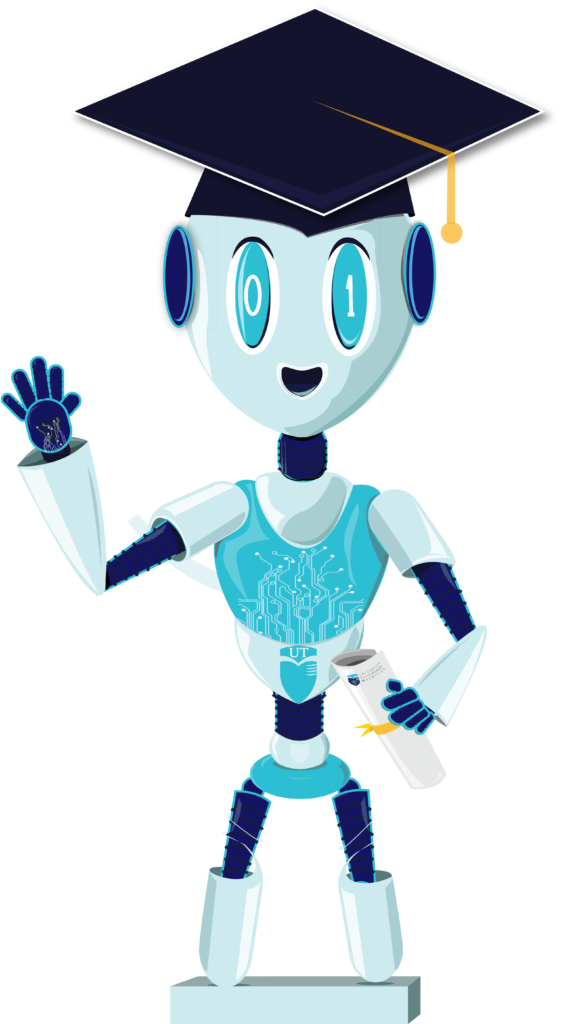Short programme in Unleashing the Child’s Potential: Parenting Skills
Children are the most precious gift to Mankind
Career Prospects
- Equipped with this Diploma, awardees will be able to integrate confidently in a variety of working environments, such as: diagnostic department of private and public health institutes, academic laboratories, food testing laboratory, biotechnology and research facilities.
Objectives
Perform microbiological tests
Apply routine analytical techniques
Perform chemical and quality control tests
Perform biological procedures
Process and analysis of human samples
Prepare, standardize and use solutions and reagents
Process, interpret and report data
Develop and maintain laboratory documentation
Plan and conduct laboratory work safely
Requirements
- As per UTM‘Admissions Regulations’ and 'Admissions to Certificate and Diploma Programmes'.
Curriculum
12 Lessons45 contact hrs







